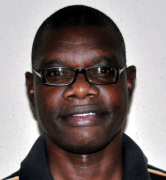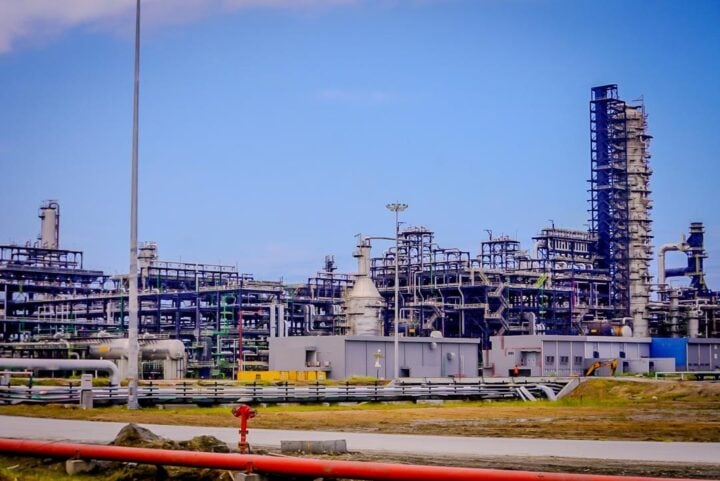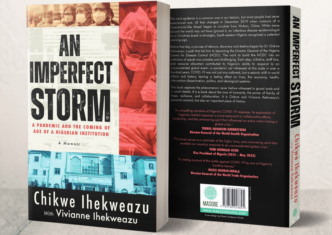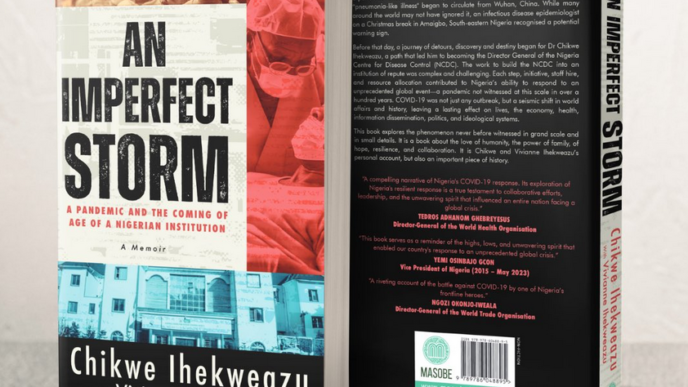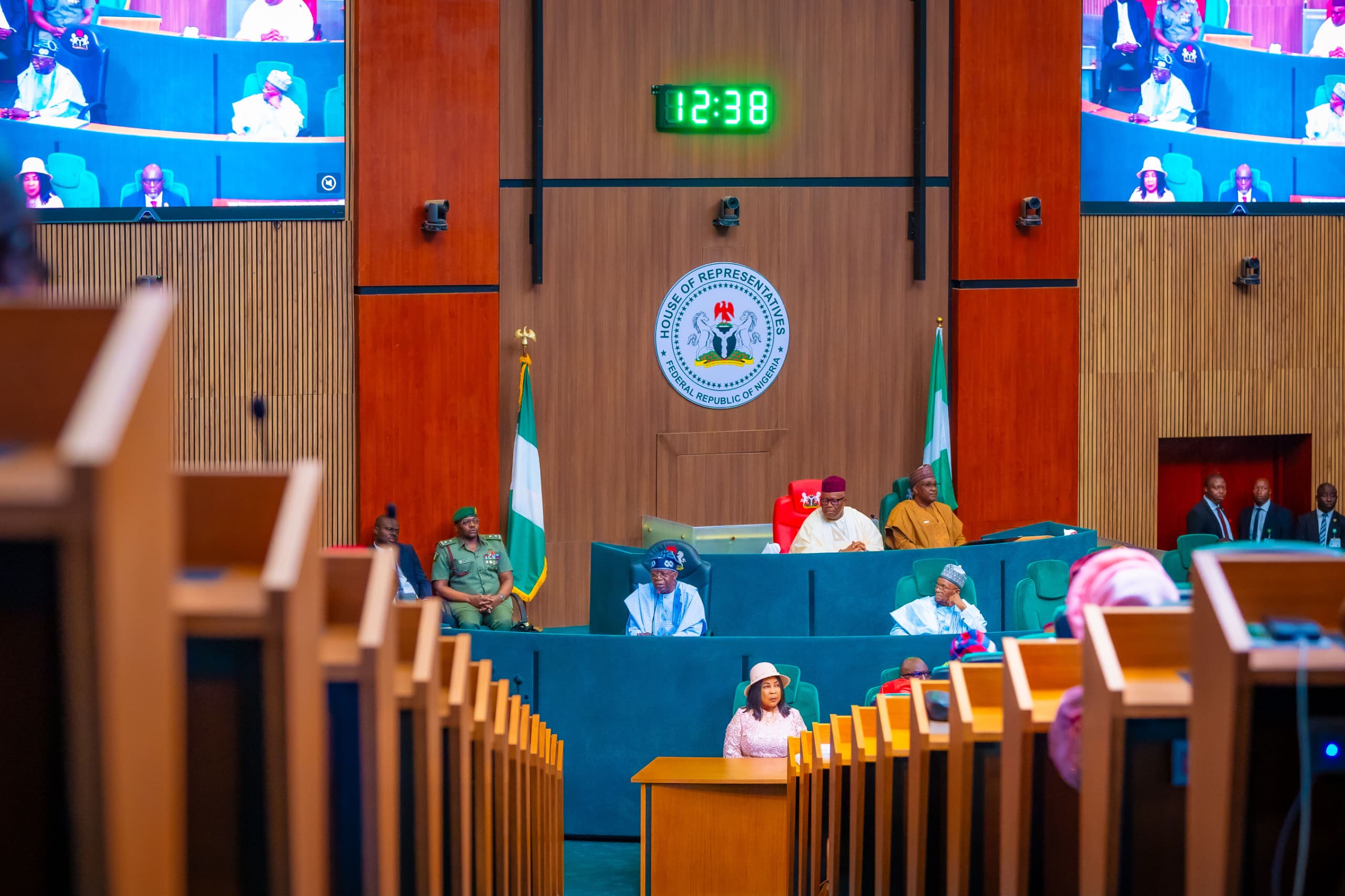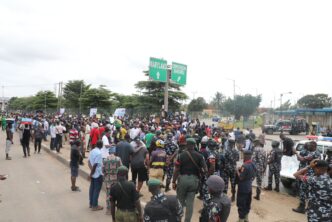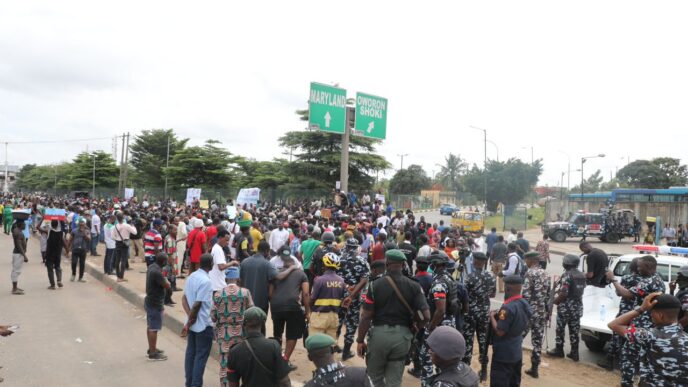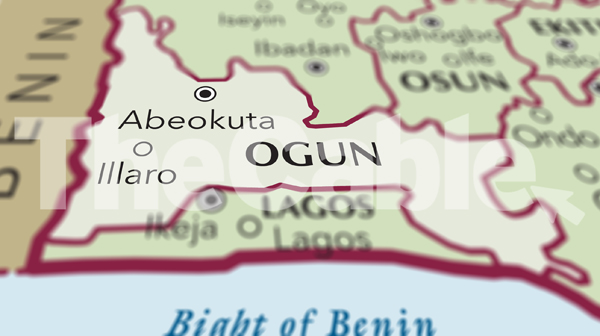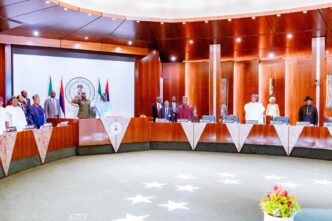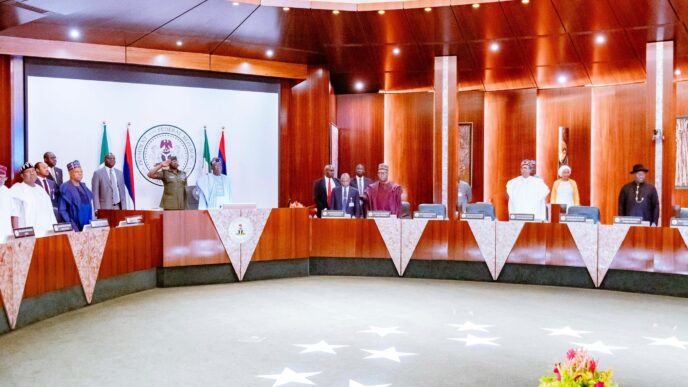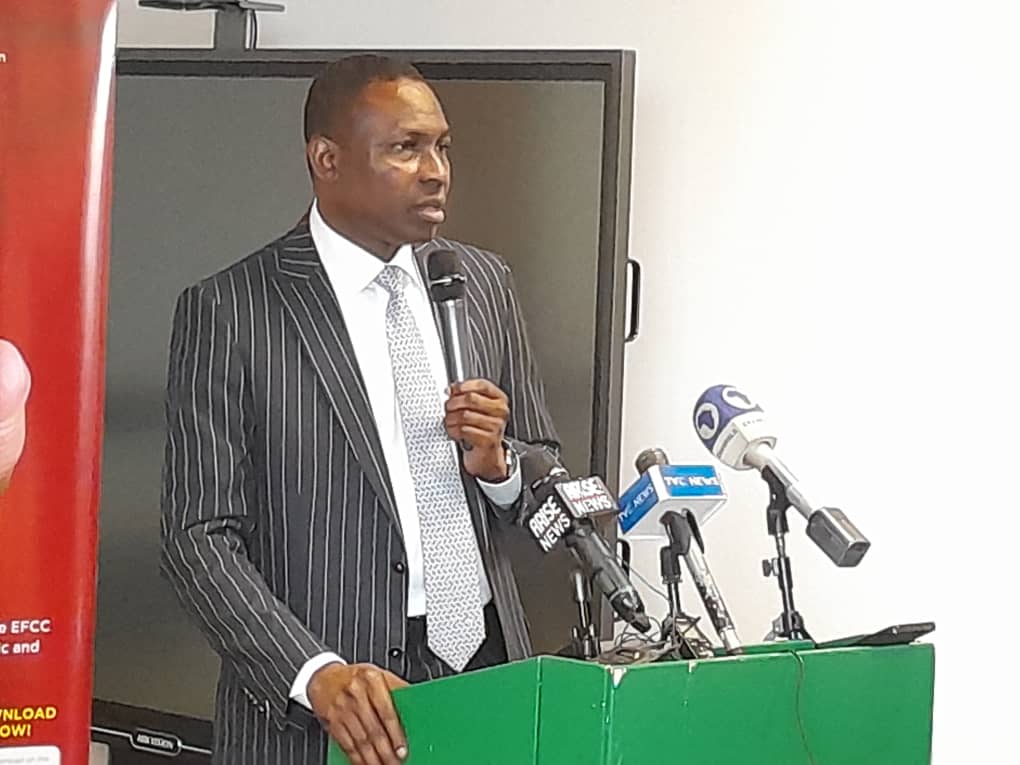Aliko Dangote, the blue-eyed boy of Nigeria’s broad powerholding spectrum, suddenly found himself in a surprising place: on the offensive as well as on the defensive. Not too long ago, the well-favoured business man and industrialist had subtly hurled accusations of underhand dealings in the petroleum industry in the direction of his friends in the economic and political wings of government, and then laboured to defend himself and his conglomerate in response to counter claims or accusations by the same group.
Not surprisingly, the recriminations sparked intense debate among the discerning public which spiritedly threw itself in the fray, pitching tents in the different camps involved in what has so far shaped up as a potentially explosive drama. The sentiments which flowed from the exchanges have been overwhelmingly emotive rather than being objective it has to be said..
Dangote, Africa’s richest man and president of the Dangote Group which owns the Dangote oil refinery and petrochemicals, a highly touted multi-billion dollar petroleum project in the Lekki Free Zone in Lagos, had let off disturbing hints that some top executives operating in Nigeria’s petroleum industry were deliberately frustrating the survival of his refinery. He said they are doing this by blocking his efforts to buy local crude and jerking up high premium price above the market price, thus forcing his refinery to import crude at a higher cost from far-flung countries such as the United States.
His unmistaken accusatory finger in this frustration pointed toward the International Oil Companies (IOCs), who he alleges are forcing his refinery to use expensive middlemen and pay inflated prices for crude, often at $2-$4 per barrel above the official price set by the Nigerian Upstream Petroleum Regulatory Commission (NUPRC). Then he turned on the Nigerian Midstream and Downstream Petroleum Regulatory Agency (NMDPRA), the technical and commercial regulator of midstream and downstream operations, saying they are granting licenses indiscriminately to marketers to import what he called dirty refined products into the country.
Advertisement
These allegations of from the Dangote group, which are strongly believed in the camp of his sympathisers, have led to widespread insinuations that some people with government backing are working in the recesses to ensure that the refinery does not succeed in its mission. Some people are saying the presidency is the sponsor of the evil plot. This cannot be true. The issues are clear and straightforward enough.
To be fair, the claims that there are underground efforts to make life difficult for Dangote refinery is misplaced if not wild. It is unthinkable that a government that had so much interest in a privately-owned refinery that it invested in it through the Nigerian National Petroleum Company (NNPC) Limited would be working so hard to undermine Dangote’s efforts to achieve success for the refinery.
In September 2021, NNPC agreed with Dangote refinery to acquire a 20% interest worth $2.76 billion in the 650,000 barrels per day refinery. The state-owned company borrowed $1.036 billion from Lekki Refinery Funding Limited of which $1 billion was paid to Dangote refinery and $36 million was for transaction costs. NNPC’s audited report for 2022 showed that it pledged 35,000 barrels of crude oil per day as repayment for the loan.
Advertisement
The NNPC shareholding has since come down to 7.2%. The company said in a statement that it decided to cap its equity participation at the paid-up sum and communicated the decision to Dangote refinery long ago. It added that it periodically reviews its investment portfolio to ensure alignment with the company’s strategic goals. It’s unlikely that government would encourage its oil firm to borrow money and invest it in Dangote refinery if a plan had been laid out to sabotage the refinery in the end.
At this stage, sympathy and best wishes for Dangote are in order. With the country’s four refineries virtually dead and in the face of persistent petrol shortages forcing residents to sweat through unending queues at filling stations, there is hardly any Nigerian that will not wish that his refinery begins to function at full steam to ease the pains of the scarcity at least. But he also needs to understand that the oil and gas sector is a completely different terrain from the one he is familiar with and from which he enjoys tens of decades of unassailable monopoly of products like cement and sugar.
In fact, NMDPRA is insinuating that Dangote’s latest fulminations are aimed at pressurizing the regulatory agency into persuading government to grant an exclusive privilege to his refinery and exclude potential competitors from the market. The agency says it won’t do that. They have to be fair by ensuring there’s competition through a level playing field for all competitors.
Farouk Ahmed, chief executive officer of NMDPRA, put it thus: “We cannot rely heavily on one refinery to feed the nation. Dangote is requesting that we should suspend or stop all importation of petroleum products especially AGO or JET KERO and direct all marketers to his refinery. That is not good for the nation in terms of energy security. And that is not good for markets because of monopoly…”
Advertisement
There’s no doubt that Dangote continues to benefit from governments in spite of everything. He has been very chummy with every single government that happened in the country and his businesses have enjoyed tremendous support from each of them in different ways, to the utmost displeasure of some other big competitors. His refinery project is only 45% completed and hasn’t been licensed to operate as revealed by the regulatory agency’s helmsman, but this hasn’t stopped them from working with him to ensure the project runs smoothly.
For sure, Nigerians love Dangote no less for his achievements and acts of charity across the country, and desire nothing for his refinery but success. But he should strive to master the regulatory practice in the mid/downstream oil business, and not leave the impression that he is angling for undue favour from government. In that industry Nigerians have seen enough monopoly in NNPC and want it dismantled; they definitely would not want to see another in a Dangote refinery.
Onyeacholem is a journalist and whistleblower protection advocate.
Advertisement
Views expressed by contributors are strictly personal and not of TheCable.
Add a comment
